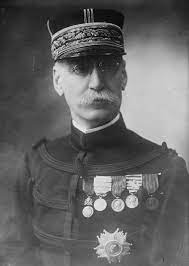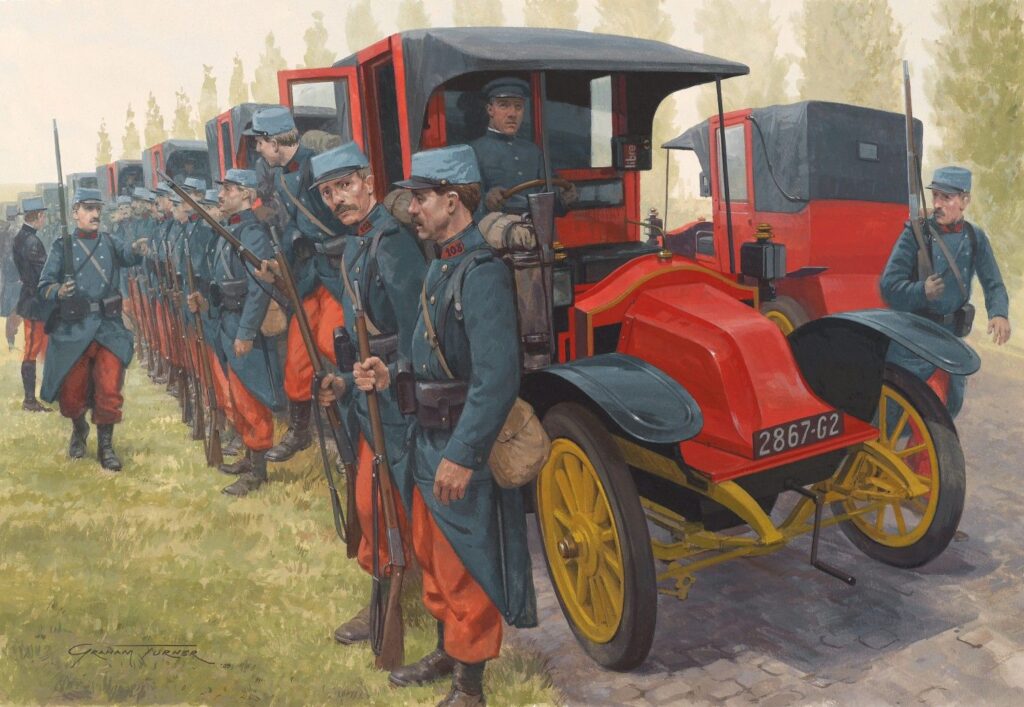The history of France would be quite incomplete without reference to Italians. From its Romanization launched by Julius Caesar’s Gallic Wars to its cultural transformation under Catherine de Medici’s near thirty-year control (1547-1574) of the French throne, France became a truly Latin sister.
Caesar’s conquest brought countless Italian colonists to Gaul who introduced wine and cheese-making to the region. During Italy’s “rebirth” (Renaissance) in the 1400s, Italian bankers, silk-weavers, philosophers, musicians, and artists, including Leonardo da Vinci, visited or settled in France to put it on the cultural path it is now famous for. Catherine supposedly introduced the fork as well as haute cuisine to French dining. A French encyclopedia of 1754 blamed this ‘decadent’ cooking on “that crowd of corrupt Italians who served at the court of Catherine de’ Medici.”
Political power over the centuries was wielded by Italian ex-pats like Jules Mazarin (born Giulio Mazzarino), chief counselor to Kings Louis XIII and Louis XIV in the 1600s. The Bonaparte family – Napoleon and Napoleon III – in the 1800s shaped modern France even in defeat. During the Franco-Prussian War of 1870, which ousted Emperor Napoleon III, republican revolutionary Leon Gambetta proclaimed a new Republic and escaped the siege of Paris in a hot air balloon – a legendary feat! And no history of France would be complete without noting how author and political activist Emile Zola (Ital: Zolla) exposed anti-Semitism in the French military with his world-famous J’Accuse editorial in defense of Capt. Alfred Dreyfus just before the First World War.

It is that war and General Joseph Gallieni which is today’s subject.
Gallieni was already 65 years old when Germany attacked France in 1914 and he was appointed military governor of Paris. His career spanned forty-five years of colonial service – from Senegal and Sudan in Africa to Martinique in the Caribbean, from Vietnam and back to Africa as governor of the island of Madagascar. He was a no-nonsense soldier who got under the skin of his own subordinates as well as rebellious indigenous peoples.
A military progressive, he urged the army to abandon its traditional pantalon rouge (red trousers) as suicidal on any battlefield. He was an early proponent of airplanes for reconnaissance. Despite his age and near retirement, he was a contender to be France’s commander-in-chief just before the Great War.
When the Germans invaded and were only thirty miles from Paris, the French planned a counterattack, using Gallieni’s forces. It was Gallieni’s unorthodox use of Parisian taxis that inspired the nation. On September 8th 1914, some 3,000 taxis, convoyed 5,000 men to the front. Those men, and tens of thousands of others, halted the Germans in what was called the “Miracle of the Marne.” Unfortunately, that battle only led to four years of static trench warfare. Gallieni was not to witness all the future carnage. He died in 1916, two years before the Armistice.

In 1918, the Germans launched their final offensive at the Second Battle of the Marne. Although Gallieni was no longer alive, an Italian Army corps of 53,000 men under the command of General Alberico Albricci successfully stopped the German advance in their sector. (American forces also succeeded in their sector of the Marne at Château Thierry and Belleau Wood).
Gallieni is still revered in French history for his “taxicab army” and his military prowess. In 1921 he was posthumously elevated to Marshall of France.
Less than twenty years later, in 1940, Hitler’s blitzkrieg broke through the defenses of Paris. There was no Gallieni to stop it. -JLM




Your article about Gallieni and the great war started me to drift into reflecting about the conflict. WWI was a ticking time bomb that unleashed consequences we are still dealing with 100 yeas later…at one point I thought it was possibly avoidable, but the more you do research you realize the super powers at the time were like moths to the flame. The average man in the street didn’t stand a chance. And there are enough cemeteries and monuments to attest to their ultimate sacrifices. Its interesting too, most of books and novels center on the “western front”, England France and Germany, but the IAHF once did a seminar on Italy’s entry into the so called “Great” war or great insanity….many Italian American families certainly have their own spin on the war’s dominos, likewise other countries. It set in motion our modern world…along with ironically, allies of the USA , just 6 years later being almost excluded from immigrating to our shores.
Once again you have given us knowledge of our rich history which is neglected or erased from our children” history books.. The origins of French culture and civilization has its origins in Italy.
Unfortunately the French are not known to give credit for the fruits of their culture to others.